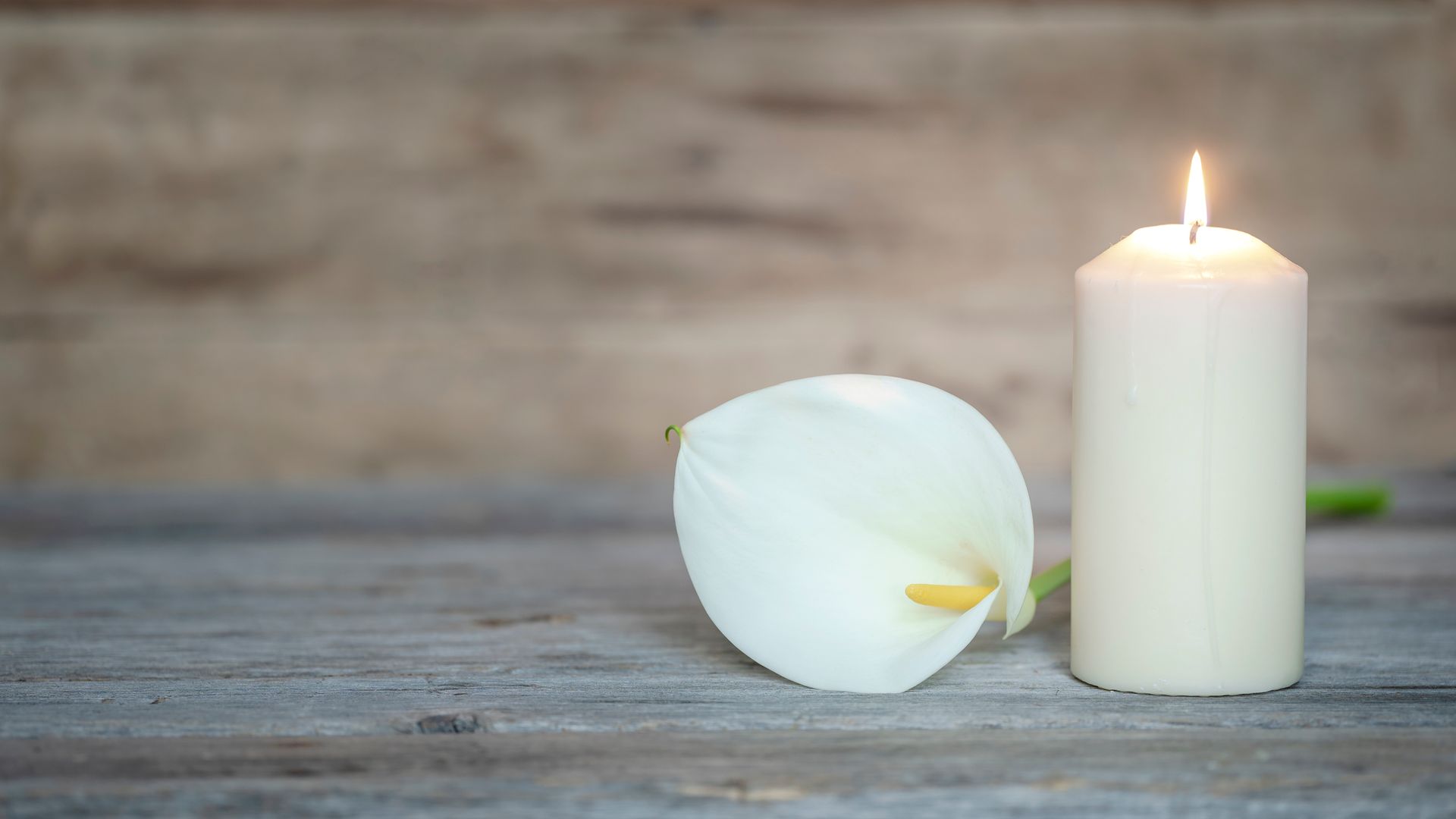Honoring a loved one on their death anniversary

Performing acts of kindness in your loved one's name is a beautiful way to honor their memory. Whether it's volunteering, donating to a charity they cared about, or simply helping someone in need, these acts can create a positive impact in their honor.
Visit a Place of Significance
Spending time at a location that held significance for your loved one can be a profound way to feel close to them. This could be a park they loved, a beach they frequented, or any place that brings back cherished memories.
Create a Memory Box or Scrapbook
Collecting photos, letters, and mementos into a memory box or scrapbook can be a therapeutic way to keep their memory alive. This personal collection can be revisited each year, allowing you to reflect on the good times and keep their spirit close.
Plant a Tree or Garden
Planting a tree or dedicating a garden in their memory creates a living tribute that grows and thrives over time. This act not only commemorates their life but also contributes to the environment, symbolizing life and growth.
Host a Memorial Event or Fundraiser
Organizing an event or fundraiser in their name can both honor their memory and support a cause they were passionate about. This could be a walk, run, or a simple gathering where donations are collected for a chosen charity.
Write a Letter
Writing a letter to your loved one can be a powerful way to express your feelings and maintain a sense of connection. Share your thoughts, updates about your life, and reflections on their impact. This can be kept in a special place or read aloud at a memorial gathering.
Engage in a Hobby or Activity They Loved
Participating in an activity that your loved one enjoyed can be a meaningful way to feel close to them. Whether it’s cooking their favorite recipe, listening to their favorite music, or continuing a hobby they were passionate about, these actions help keep their spirit alive in your daily life.
Use Social Media to Share Memories
Social media platforms can be a modern way to share memories and connect with others who are also remembering your loved one. Posting photos, stories, or a simple tribute can create a virtual space for and celebration.
Remembering a loved one on the anniversary of their death is a deeply personal and meaningful act. Whether through quiet reflection, collective remembrance, or acts of kindness, each gesture honors their legacy and keeps their memory alive. The most important thing is to choose what feels right for you, allowing yourself the space to grieve and celebrate in a way that brings comfort and peace.








